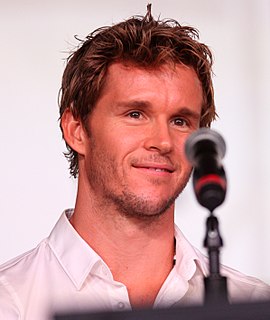A Quote by London Breed
Every day on our streets there are people who are facing a combination of homelessness, mental illness, and addiction. Each of these conditions is challenging alone, but when experienced at the same time it creates a downward spiral that makes it even more difficult for the person to get treated and housed.
Related Quotes
When you have mental illness you don't have a plaster or a cast or a crutch, that let everyone know that you have the illness, so people expect the same of you as from anyone else and when you are different they give you a hard time and they think you're being difficult or they think you're being a pain in the ass and they're horrible to you. You spend your life in Ireland trying to hide that you have a mental illness.
The very term ['mental disease'] is nonsensical, a semantic mistake. The two words cannot go together except metaphorically; you can no more have a mental 'disease' than you can have a purple idea or a wise space". Similarly, there can no more be a "mental illness" than there can be a "moral illness." The words "mental" and "illness" do not go together logically. Mental "illness" does not exist, and neither does mental "health." These terms indicate only approval or disapproval of some aspect of a person's mentality (thinking, emotions, or behavior).
I believe that the core battle of our day is the battle to defend the inherent dignity of each and every person, the inherent beauty of each and every soul to be respected and treated as beautiful, unique, and sacred child of a loving God. No matter where they are, no matter what they look like, no matter what their status, each is noble and should be treated as such. The beauty of the individual is truth and we know it in our hearts.
Once and for all, people must understand that addiction is a disease. It’s critical if we’re going to effectively prevent and treat addiction. Accepting that addiction is an illness will transform our approach to public policy, research, insurance, and criminality; it will change how we feel about addicts, and how they feel about themselves. There’s another essential reason why we must understand that addiction is an illness and not just bad behavior: We punish bad behavior. We treat illness.
































